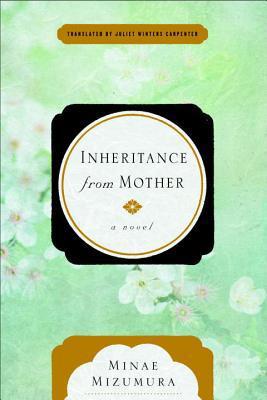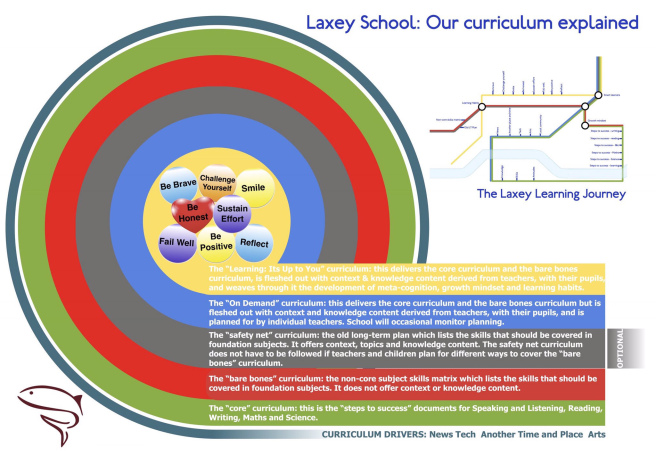Author: Minae Mizumura
Publisher: Other Press
Publication Date: 2. May 2017
Rating: 3./5. Stars
Diversity: PoC
TW: Cheating, Suicide
Summary:
Mitsuki Katsura, a Japanese woman in her mid-fifties, is a French-language instructor at a private university in Tokyo. Her husband, whom she met in Paris, is a professor at another private university. He is having an affair with a much younger woman.
In addition to her husband’s infidelity, Mitsuki must deal with her ailing eighty-something mother, a demanding, self-absorbed woman who is far from the image of the patient, self-sacrificing Japanese matriarch. Mitsuki finds herself dreaming of the day when her mother will finally pass on. While doing everything she can to ensure her mother’s happiness, she grows weary of the responsibilities of a doting daughter and worries she is sacrificing her chance to find fulfillment in her middle age.
Inheritance from Mother not only offers insight into a complex and paradoxical culture, but is also a profound work about mothers and daughters, marriage, old age, and the resilience of women.
goodreads
Order here: amazon | bookdepository
Disclaimer: I received an e-copy of this book on NetGalley in exchange for an honest review.
*-*-*
Mitsuki and Natsuki are the daughters of Noriko, an elderly Japanese woman who after years of needing them to take care of her finally died. The first words of the book are “Today mother died”, the translation of a french phrase that reappears various times in the book.
This book stretches over generations. We get stories about the life of the grandmother, stories about the mother’s life and stories about the daughters in the present. We are told about how the view on women changed over these three generations in Japan and various suffering they faced and still face today.
This is a very interesting book if you are looking for a detailed insight into the Japanese culture surrounding the relationships between mothers and daughters or the shame a woman might feel when she finds out her husband want to leave her for another woman.
The story is divided into two halves. The first one had Mizuki as the dutiful daughter, recounting how her mother fell ill and then the years spent taking care of her, intermingled with some childhood memories that are very often filled with scorn as her mother preferred Natsuki over her when they were younger until Natsuki finally fell from her grace and her overbearing mother suddenly focused on Mizuki. The second one is spent finally dealing with the fact that her husband has left her for another woman and the fallout of her mother’s death.
The characters in this story are incredibly detailed and lively. For example, Noriko, the mother, is an egotistical woman, who always tries living above her own means by buying expensive silk clothes and getting with the high society and not the uncultured families, without an appreciation for western theater and movies. This also makes it hard for her to connect with other people when she’s older, as she thinks they are beneath her and so the only people who care about her in her old age are her daughters. Natsuki is a bit less fleshed out since the story is told from Mizuki’s point of view and her story is colored by anger at the different treatment she received as opposed to her sister.
However, this is definitely not an easy story to read. It is very long, over 400 pages, full of repetitions and just seems to stretch for ages. Like this, it gives us a deep insight into Mizuki’s life, but it still sometimes feels like it’s way too long. However the writing is done well and I found myself so deeply invested in the story, so that while I sometimes had to stop and wonder how long this book way, I never really wanted to put this book down for good, even though I had to take quite a few breaks.
It also gives us a very deep insight into japanese culture, the over-aged population, the western influence and the devaluation of traditional japanese culture in higher-class families, how different ranks, classes, and education might affect someone’s marriage and familial obligations, the rise of economy and the struggle to finally rise higher than the neighbours and sometimes the subsequent deep fall, and of course family and relationship issues, the good and the bad.
There are some scenes where suicide is discussed quite openly shortly before the book ends, so be careful there, it was a bit hard to read for me, and a side-character has an eating disorder, but that is not given much thought and just mentioned in passing.
All in all, this is a very long (sometimes too long), very interesting, at times very poetic story about families and generations and japanese culture.
Advertisements Share this:





